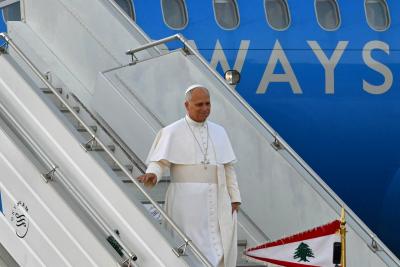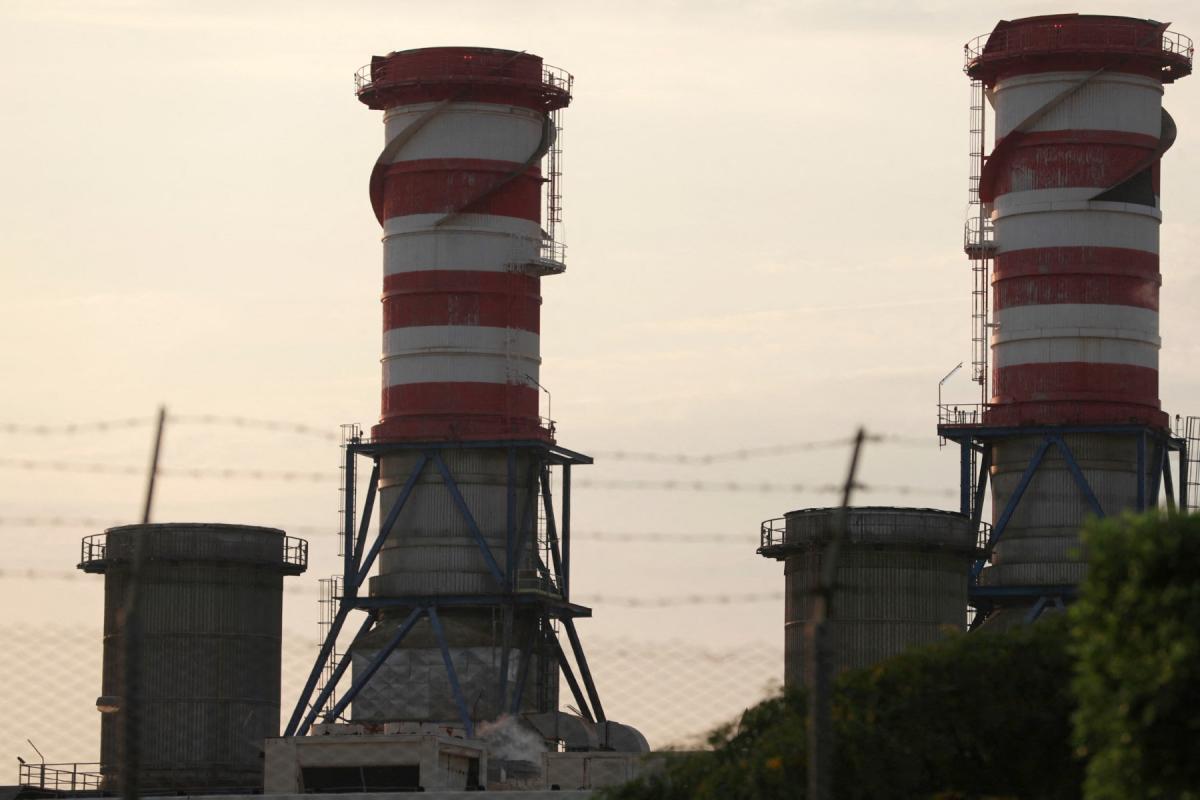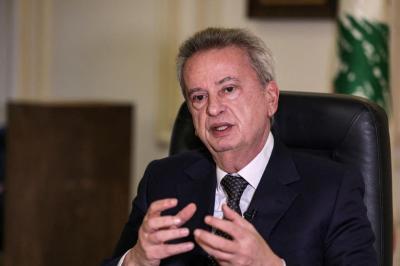Lebanon has wasted 23 years awaiting the establishment of regulatory authorities in the electricity, aviation, and telecommunications sectors. Aside from the lone experiment in the telecommunications sector, whose regulatory body was stillborn and took three years to bury, all other regulatory bodies have remained points of contention. This, even though the relevant laws were passed in 2002 in response to reform requirements from the first Paris donor conference, which paved the way for Lebanon to receive financial aid and loans.
Recently, the issue of regulatory authorities was taken out of the "deep freezer" of broad political consensus against their formation, now that Lebanon had already reaped the rewards from the Paris I, II, and even III conferences. These authorities are once again back on the “hot stove,” being prepared as a “warm dish” for the international community, in hopes of unlocking further aid and loans. This is especially true after the 2018 CEDRE conference, when it became clear to Lebanese officials that international institutions and donor countries had lost faith in mere promises, and were now demanding the actual implementation of reforms as a precondition for assistance.
Ministers Take Action on Regulatory Frameworks
The Public Works and Transport Minister announced on television that "a suitable framework for forming the Civil Aviation Regulatory Authority has been finalized and will be ready within months." Energy and Water Minister Joe Saddy completed all necessary procedures to appoint a regulatory authority for the electricity sector and began accepting applications, forwarding them to the Ministry of Administrative Development. Meanwhile, Telecommunications Minister Charles Hajj officially sent the job descriptions for the Telecommunications Regulatory Authority’s board to Administrative Development Minister Fadi Makki.
The Philosophy Behind Regulatory Authorities
The core philosophy underpinning these bodies is to liberate public sectors from monopolistic control and open them up to competition, in line with global economic trends. The aim is to attract foreign investment and maximize the benefits derived from essential services. In its “Economic Policy Memorandum” presented at the Paris I conference, Lebanon committed to five strategic measures, three of which centered on:
- Creating a suitable environment that enables the private sector to grow, prosper, and support sustainable economic development.
- Pursuing privatization based on best practices and international standards, ensuring open competition and fair participation for all citizens.
- Rectifying public finances through structural reforms and revenue-generating measures to increase the revenue-to-GDP ratio.
It was clear that these goals could not be achieved without establishing regulatory bodies. The vision was to transform public institutions into modern joint-stock companies listed on the Beirut Stock Exchange—not to abandon them, but to allow the state to partner with the private sector. These regulatory bodies would, beyond granting licenses, serve to monitor, regulate, and enforce accountability.
Regulatory Laws Passed in 2002
In the second half of 2002, Lebanon’s Parliament passed the foundational laws for these authorities: Law 431 (telecoms) in June, Law 462 (electricity) in September, and Law 481 (civil aviation) in December. These laws shared a common rationale: the need for progressive legislation that includes the private sector, fosters innovation, and shields administrations from bureaucratic inefficiencies. Most importantly, their existence was viewed as a prerequisite for receiving international aid. For example, the World Bank and Kuwait Fund loan agreements for upgrading Beirut Airport—approved in 1995—required the establishment of a financially and administratively independent body to manage the airport.
Regulatory Laws Remain Ink on Paper
Despite their strategic importance, these laws remained on paper. According to lawyer Christina Abi Haidar, this is largely due to ministers fearing that these bodies would undermine their “sovereign” powers and weaken their political dominance over vital production and service sectors. “These are not mere administrative bodies,” she explains, “but regulatory entities with broad powers granted by law, whose primary function is to insulate these sectors from politics.”
Ministers have long justified delaying the implementation of decrees because the laws need amendments first. Some even demanded that boards be expanded from five to six members, to align with the infamous “6-and-6” sectarian power-sharing formula—an orchestra of confessional quotas. Abi Haidar believes the real goal behind these demands is to weaken the regulatory bodies and reduce them to mere administrative units under ministerial control, rather than allowing them to function as independent entities.
The Fear of Privatization
The true aim of these laws is not wholesale privatization, but to break state monopolies and allow limited private participation. For instance, the electricity law calls for the creation of a public power company in which the state retains over 51% of shares. Private sector participation is capped at 49%, focused on generation and distribution, especially in the initial five years.
Contrary to the fearmongering that has surrounded this issue for over two decades, ministers will still play major roles even if regulatory authorities are created. They will remain responsible for shaping public policy, liaising with international bodies, and proposing members of the regulatory boards. This is the legitimate, structured role of a ministry, while the regulatory bodies independently manage, monitor, and organize sector operations.
A Foundational First Step—Not a Magic Solution
Appointing boards for these regulatory authorities won’t immediately bring 24/7 electricity, lower airfares, or make telecom services cheaper than breathing. But according to Abi Haidar, it is “the essential first building block.” Without building solid structures on top of that block, through full implementation of Laws 462, 481, and 431, nothing will change. A prime example is the ineffective telecommunications regulatory authority created in 2007, which quietly dissolved in 2010 after the resignation of its chair, current Displaced Persons Minister Kamal Shehadeh.
Abi Haidar insists that the decree establishing the electricity regulatory authority must include a deadline to develop its internal framework, dismantle the monopoly of Électricité du Liban, and enable real, not rhetorical, private sector participation. Otherwise, we risk repeating the telecom sector’s failed experiment.
Better No Authority Than a Hollow One
If the purpose of creating these regulatory bodies today is merely to appease the international community, like the dozens of hollow entities Lebanon has formed on paper without budgets or staff, then it’s better not to form them at all. Manufacturing illusions is far more dangerous than clinging to a sliver of hope—both for the Lebanese public and for global observers.
Please post your comments on:
comment@alsafanews.com
 Politics
Politics













